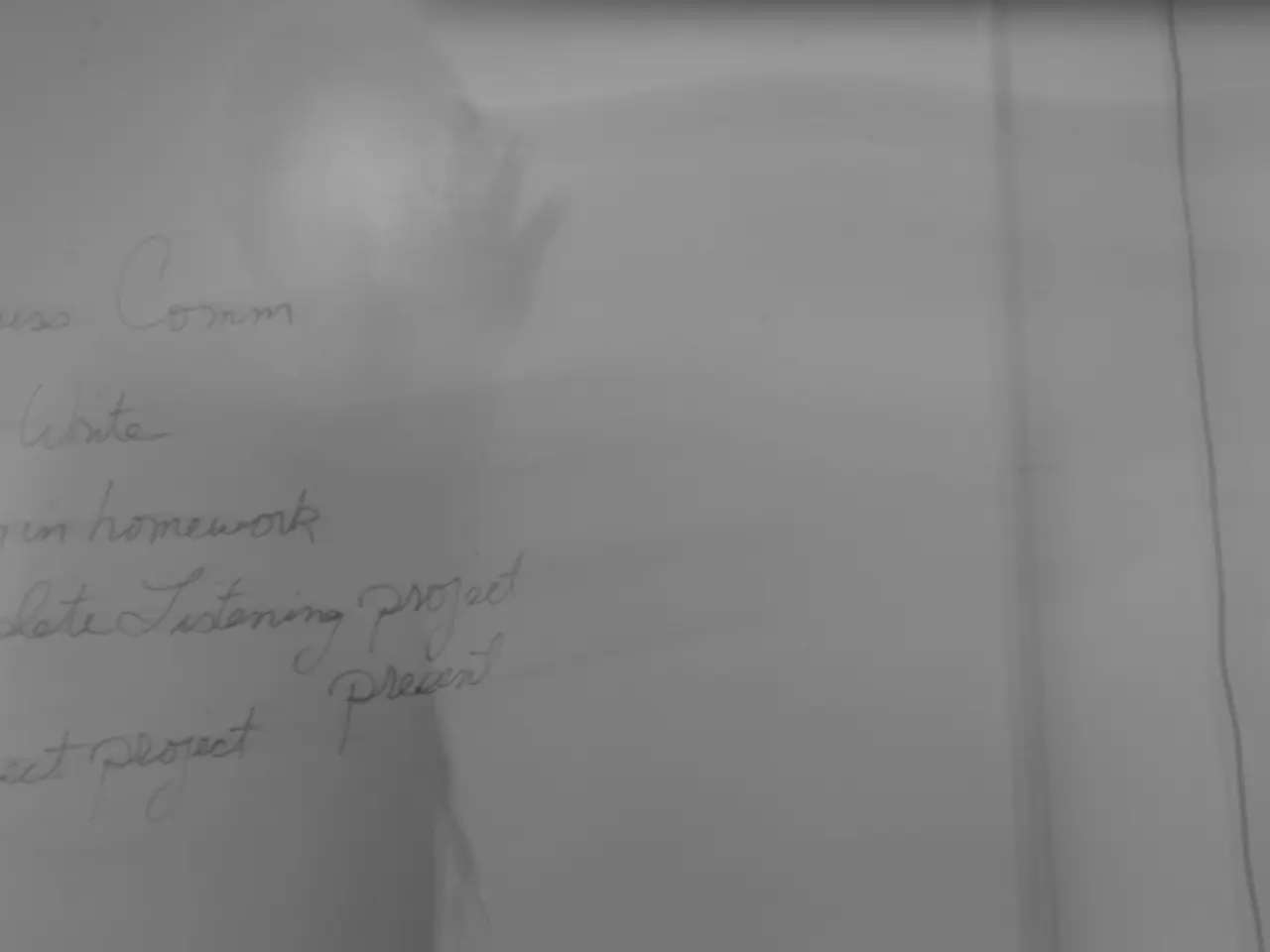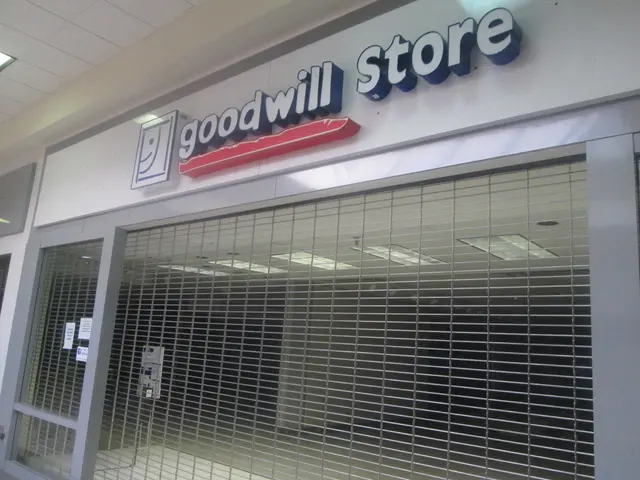Guide for Various Digital Parties on the Case of Van Buren vs. United States in Cyberspace
The Supreme Court is set to hear oral arguments on the Computer Fraud and Abuse Act (CFAA) on Monday, a law that has been a subject of debate for years. The case in question, U.S. vs. David Nosal, was passed for review by the Supreme Court in 2011, and its outcome could potentially ignite Congressional action, according to Michael Bahar.
In the Nosal case, the defendant was charged in violation of the CFAA in 2008 for using a former executive assistant's credentials to access his former employer's database. Other judges in the case considered it to be about former employees conspiring to access 'trade secrets in a proprietary database through the back door when the front door had been firmly closed.'
The CFAA, enacted in 1984, criminalizes unauthorized access to computers. However, it does not explicitly define the difference between 'without authorization' and 'exceeds authorized access.' This lack of clarity has led to a circuit split, similar to Van Buren's case, where the Supreme Court is now being asked to clarify the law.
Nathan Van Buren, a Georgia-based police sergeant, was convicted of 'honest services wire fraud and computer fraud' in October 2017, according to the Department of Justice. Van Buren was caught using his credentials to access the Georgia Crime Information Center (GCIC) in exchange for money, a case that questions if he abused his legal access by existing CFAA standards.
The Electronic Frontier Foundation (EFF) argued in its amicus brief that the case could dangerously broaden the CFAA's scope. The EFF's concerns are shared by some legal experts, who argue that the CFAA could potentially cover gray areas in hacking and computer crimes, as these have evolved since the law was passed.
In order to prove an individual exceeded their authorization under the CFAA, prosecutors must demonstrate that the individual's access was limited and they exceeded those limitations in accessing the data. This is a crucial point in both the Nosal and Van Buren cases, as the Supreme Court will now decide if it is a federal crime when an individual, who has the authority to access a computer system, does it for improper reasons.
The outcome of these cases could impact how U.S. citizens interact with computers or databases they have authorized access to. As technology continues to evolve, the need for clear and concise definitions in laws like the CFAA becomes increasingly important. The Supreme Court's decision could provide much-needed clarity on this issue.
Read also:
- Mandated automobile safety technologies in the EU may be deemed "irrational," "erratic," and potentially dangerous, experts caution.
- AI-Generated Humor Spreads on Gemini Nano Banana: Light-hearted Modifications Spark Concerns over User Privacy
- New study reveals that Language Models can execute complex assaults independent of human intervention
- Tech Giants Apple and Google spearhead an industry effort to develop a standard curbing intrusive tracking practices







